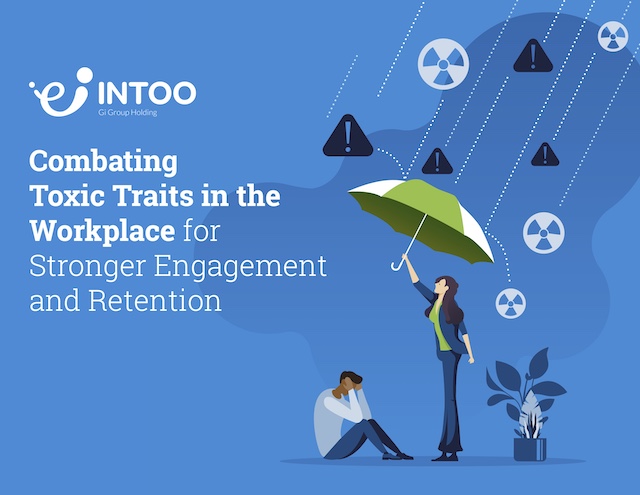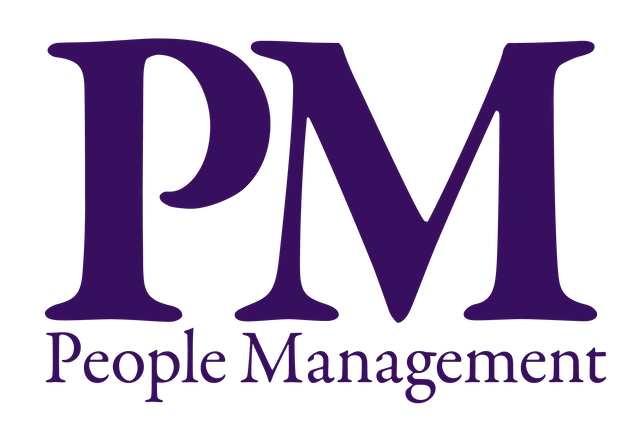No matter the state of the economy, employers will always be attempting to lure and retain top talent. While increasing pay is one tactic that can be effective, it’s not always possible or enough. It also benefits the employee only. Upskilling benefits both the employee and the employer, in that the employee is challenged, stimulated, and given a path to career growth, and the employer diversifies the skills of its workforce, making it more agile and engaged. In this article, we take a look at what upskilling is and how upskilling employees can help with retention.
What Is Upskilling?
Upskilling is a process of learning that incorporates coursework, events, and other resources that enable professionals to increase or acquire new skills and knowledge to advance their careers.
Previously, providing learning opportunities meant paying for expensive in-person courses. Today, respected educational providers offer online coursework that allow more flexibility and choice for employers and employees, as geography and schedules no longer limit availability. By offering a large selection of courses, including those that give certifications, you can allow employees to improve their skills in their current roles, explore interests, and develop additional skills needed to advance their careers within your organization.
4 Ways Upskilling Employees Can Help with Retention
1. It helps employees with their career development
Employees can feel like they’re on a treadmill at times, managing the same responsibilities and tasks over and over again without making any inroads to the next steps in their careers. Since these employees can feel despondent about their futures within your organization, there’s a greater chance that they will look elsewhere to grow their careers. Use upskilling to retain talent by demonstrating your interest in their career development. Empower them to learn and become certified in relevant skills so that they can continue to build on their own successes while accomplishing their personal goals and those of your company.
For example, individuals may wish to become certified Scrum Masters or prepare for the PMP exam. They might want a certification in Google AdWords or Photoshop. When presented with upskilling tools to make these wishes a reality, employees recognize that they have a path for achievement and growth within your organization.
 2. It can develop motivated employees into leaders
2. It can develop motivated employees into leaders
Employees may have the ambitions to move up the ladder to leadership positions, but not see a path that will take them there. Enabling your workforce to develop their careers with you will encourage dedication and increase their investment in the outcomes of your organization.
In addition, upskilling employees is a strategy that can support and solidify your succession plan. As you identify candidates for future leadership roles within your organization, you can ensure they’re equipped with the knowledge and skills required to take on those responsibilities when they come along.
In addition to industry-specific courses, employees can take advantage of coursework related to management, strategy, operations, negotiation and other key leadership topics.
3. It helps employees to explore interests in other departments and roles
Some of your employees may be satisfied with their current roles for now, but may wish to explore another role or area of your company at some point down the line. Others may already be seeking employment outside of your organization because they don’t see an opportunity to make that move. By providing upskilling resources for career development, employees can explore interests in different areas, and then develop the skills they need to move into those roles within your company.
For example, while your company may specialize in financial services, technology, healthcare, or hospitality, there are many career paths within each of those industries. Classes related to those career paths can reveal previously unimagined futures with your company to employees who might be looking for something new. Such opportunities encourage growth and motivate employees to contribute to the company for years to come.
 4. It demonstrates leadership’s investment in employees’ futures
4. It demonstrates leadership’s investment in employees’ futures
Most employees want to work in an environment where they are respected and valued. Show them that you are aware of what they have to offer by providing mentorships and coaching services to help them build a career strategy with your organization. These professionals can guide employees in selecting coursework and other resources that can put them on a path to career growth and success. At the same time, relationships between leadership, management, and employees can be strengthened, thereby creating the potential for greater teamwork and engagement.
How to Make Upskilling Employees Work for You
The greatest resources won’t benefit your employees if they aren’t aware of them. Make sure your workforce knows how to access upskilling tools and provide them with the time and encouragement to use them.
Having upskilling courses as part of an internal mobility program is one way to make the materials easy to find and use. Such a program can integrate with all of your HRIS services and be a single location where employees can search for opportunities within your organization, work with coaches to develop their career strategies, and take coursework to build the skills they need to help them achieve their career goals with you. By upskilling employees to retain talent, you help nurture your workforce, build a culture of mobility, and develop dedication to your company as an employer. INTOO helps employers of all sizes with cost-effective solutions for every stage of the employee lifecycle, including candidate experience, career development, and outplacement services. Contact us to learn how we can make a difference for you and your employees.
Robyn Kern is a seasoned business writer who has written in the HR, education, technology, and nonprofit spaces. She writes about topics including outplacement, layoffs, career development, internal mobility, candidate experience, succession planning, talent acquisition, and more, with the goal of surfacing workforce trends and educating the HR community on these key topics. Her work has been featured on hrforhr.org and trainingindustry.com.


 2. It can develop motivated employees into leaders
2. It can develop motivated employees into leaders 4. It demonstrates leadership’s investment in employees’ futures
4. It demonstrates leadership’s investment in employees’ futures








